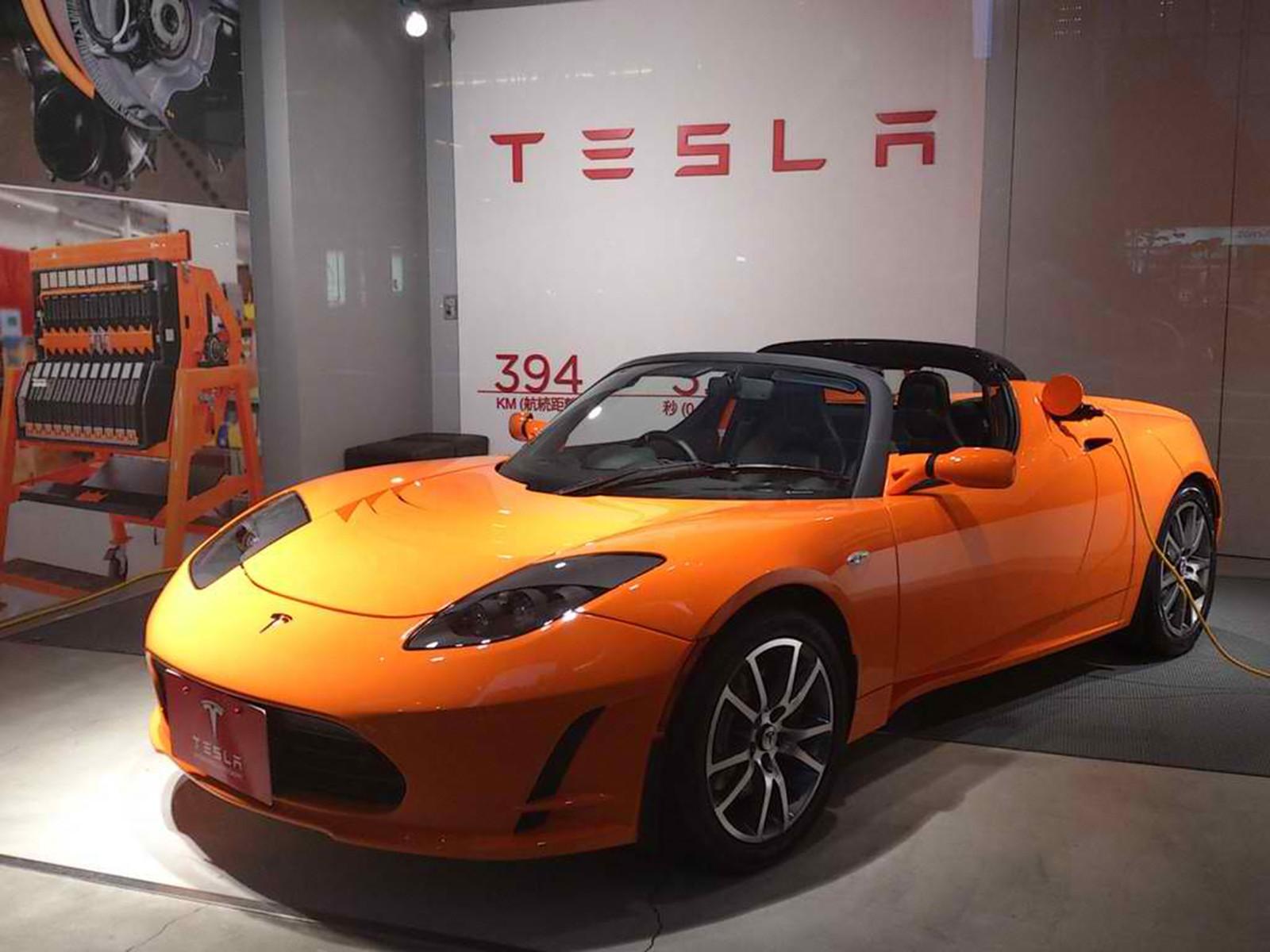I love advances in technology just as much as the next person does. I remember when I got my first shiny MacBook Pro, or how thrilled I was to see my godmother roll up in her sparkling red Tesla Model S (a pretty high-tech carriage if you ask me). Technology, in its nature, is exciting. After all, it is supposed to make our lives easier by streamlining complicated processes, simplifying complex tasks and sometimes just making us say, “wow, check that out.” But any technological development comes with a high cost — the cost of awareness. And this burden of awareness falls heavily, if not totally, upon the consumer.
A reliance upon technological advances is beneficial, provided that it is informed. Take the United States, for example, the largest and busiest marketplace for ideas and product exchanges. Technology is the connection between consumers and businesses. The synthesis of capitalism and innovation has enabled a wide adoption of advanced technology by the everyday consumer, from the Apple iPhone to the Samsung “smart refrigerator” to, more recently, self-driving cars such as Tesla’s Autopilot system. And with every innovation comes the reminder of caveat emptor, or the principle of “let the buyer beware.”
Autonomous smart operating systems are the future; there is no doubt. The entire trajectory of technology seems to be loosening human responsibility and effort while instead placing the burden onto machines and computer systems — well, not entirely.
Tesla came head-on with controversy in July when an Ohio man was killed while driving, or rather, being driven, by his Tesla Model S in Florida. Incidents like these revive the debate of the final responsibility of the driver seat and the acceptance of autonomous driving systems in society. Keep in mind that Tesla engineers maintain that the solo culprit for the accident was not the Autopilot system but also the driver failing to brake the car.
Regardless, Tesla CEO Elon Musk remarked that latest edition of the Autopilot software would have in fact saved the life of the driver. But his words come with substantial clarification.
Here lies the eternal quagmire of technological advance at the cost of uncertainty in its application. Technology is imperfect, though meant to improve its even more imperfect users. Musk noted that the Autopilot technology is far from complete, warning against possible dangerous assumptions by consumers. He makes clear the limitations of the Autopilot feature, noting that some drivers “get very comfortable with it and repeatedly ignore the car’s warnings” when entering into dangerous road situations. He fears the spread of misconceptions, and that consumers may assume too much from the performance of the car and may be overly romantic of the car’s capabilities.
This problem will only expand as more Teslas hit the road. Proponents would say that the notion of any “autopilot” system itself, by its nature, negates the idea that there should even be an awareness on the part of the operator. But that is a gross oversimplification. Consider the airline industry for example. On average, over 8 million people fly every day. And for years, autopilot airplane computer systems have been handed the control for thousands of aircrafts and millions of lives. But to take off and land the plane, the pilots sure have not gone anywhere. They stay right in the cockpit, and don’t seem to be leaving anytime soon.
The idea of human control of autonomous driving systems cannot be more stressed than for Tesla’s Autopilot system, contrary to what the name may imply (the name Autopilot was only recently adopted, long after the technology existed). Musk remarked in the same press conference the dangers of ignorance and complacency on the part of the consumer, and not so much the nature of the products it markets. Indeed, Tesla has made clear in the strongest terms the exact nature of its Autopilot feature. What it cannot guarantee, however, is the unpredictability of such a complex environment as the “real world,” where a raised semi-truck can appear to be an overhead road sign, leading to the fatal collision in Florida. At the end of the road, the responsibility of the consumer is not and cannot be annulled by “autonomous” driving systems.


























































































































